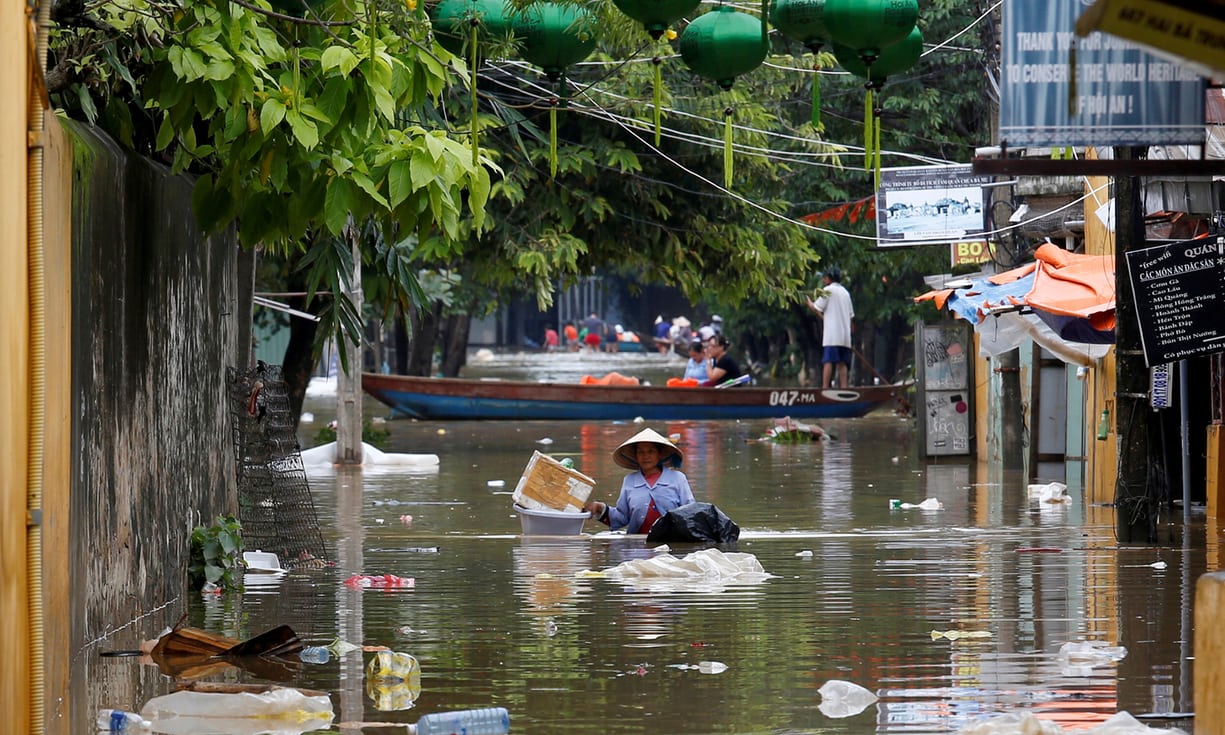News & Updates
Vietnam to construct 4,000 storm proof homes to protect against climate change
12 March 2018

A new partnership between the UN and Vietnam will see storm proof houses built in vulnerable coastal communities.
The 29.5 million housing scheme will be funded by the UN Green Climate Fund and aims to increase the resilience of Vietnamese coastal communities to the effects of climate change.
The project will target the poorest households and priority will be given to ethnic minorities, disadvantaged families, the elderly and people with disabilities.
The project also includes the regeneration of mangrove forests in coastal areas, as these offer protection from storms.
Germanwatch’s most recent annual Climate Risk Index revealed that Vietnam is one of ten countries most at risk from climate change.
The coastal areas of Vietnam are particularly vulnerable as storms in the country are predicted to increase in frequency and intensity. In 2017 Vietnam experienced over 15 typhoons.
Coastal communities in Vietnam are often the poorest too, the increase in storms risks trapping these regions in poverty as they accumulate debt or spend savings to rebuild or repair their homes, businesses and possessions.
Jenty Kirsch-Wood, a senior technical advisor at the UN Development Programme (UNDP) commented:
“There is a really strong link between poverty and being able to accumulate assets, and housing is one of the major assets”
“If we can get some these highly vulnerable people into safe houses, it not only protects their lives, but also their assets and small businesses.”
The UNDP and the government of Vietnam aim to build 300 houses by the end of 2018 and 4,000 by 2022.
The project will construct two-room houses based on simple design to create a stronger structure. Features will include a mezzanine level to protect against flooding, reinforced roofing and the use of strong cement.
The homes cost approximately $1,700 to construct; so far 37 have been built in Quang Ngai Province.
The UNDP hopes the low cost, storm proof designs will be constructed across the country as people hear of their success.
If you’d like to stay informed on the latest updates in aid and development, please sign up to the AIDF newsletter.
Image credit: Kham/Reuters